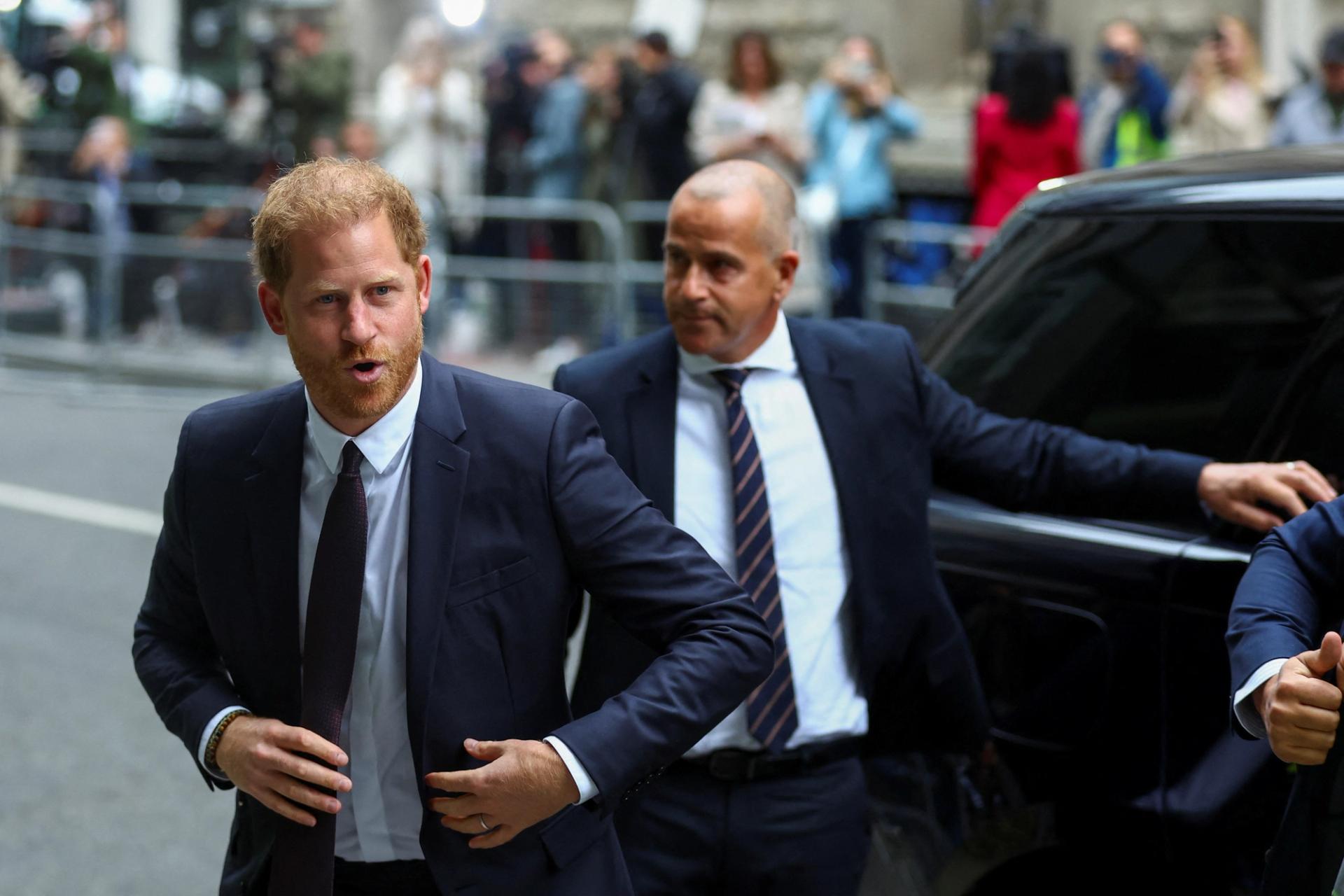The News
Britain’s Prince Harry is giving evidence in a case brought by more than 100 claimants against Mirror Group Newspapers (MGN), which is accused of using illegal methods to get stories.
The case alleges the newspaper chain employed illicit tactics including the use of private investigators and phone hacking — a method of accessing and listening to a subject’s voicemail — to gain insider information.
The prince’s appearance marks the first time in 130 years that a senior royal has given evidence in court, a break with the royal family’s traditional silence about their private matters.
In this article:
Quoteworthy
Speaking in court, the prince said the actions of the press “affected every area of my life,” and “created a huge amount of paranoia in my relationships. I would become immediately suspicious of anyone that was named in a story about me.”
Know More
MGN has maintained throughout the trial that it did not employ illegal tactics to get its scoops, and that stories published about the prince came from tips provided to their reporters.
Also part of the chain’s defense strategy is the age of some of the articles in question: Some pieces date back to 1991, and MGN is arguing that the claims were brought forward too late.
The suit is one of several Prince Harry has brought against the British tabloid press in recent years. He has also sued the publisher of the Daily Mail, and Rupert Murdoch’s News Group Newspapers, part of his campaign to “reform” the country’s media.
The estate of the late singer George Michael, Sir Elton John and his husband David Furnish, and Hugh Grant are among the claimants suing the publishing chain.
Step Back
This is not the first time that MGN has faced the courts over phone hacking allegations. In 2017, the newspaper chain settled with a group of more than 40 celebrities for using the measure to produce stories about them, and in some cases the damages exceeded £300,000 ($372,000).
In 2011, a BBC Newsnight investigation found that phone hacking was a widespread measure used in Mirror newsrooms, as was the hiring of private investigators. In some cases, the BBC investigation found, investigators would pose as other people in order to get private information such as medical records.
